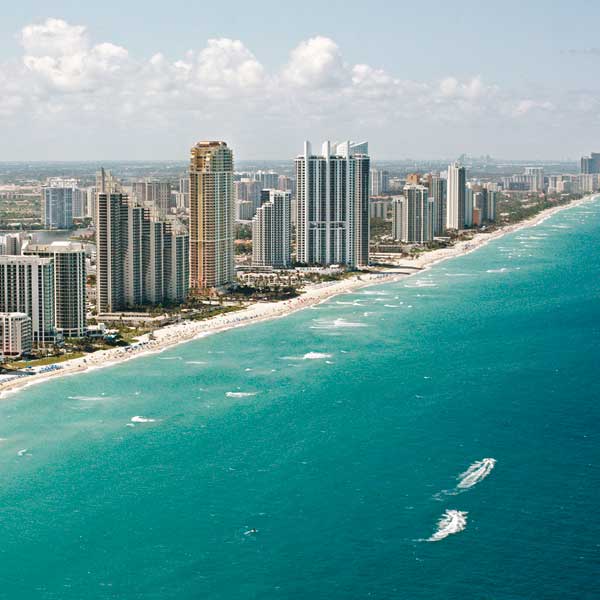legislative powers of the president quizletlegislative powers of the president quizlet
Powers of the POTUS. The judicial branch interprets laws, but the Senate in the legislative branch confirms the President’s nominations for judicial positions, and Congress can impeach any of those judges and remove them from office. The president has the following powers: 1) To propose legislation to Congress. Click to see full answer Also, what are some major powers of the president? (iv) It can declare any law of the legislature or executive invalid. The legislative powers of the president are derived from Article II, Section 1 of the United States Constitution, which states that the president “shall take Care that the Laws be faithfully executed...” Approving Legislation The president’s constitutional right to reject a law passed by Congress. Also, the governor can also reserve the bill if it is of the following nature - 1. The President has the power to recommend legislation. A complete list of the President's powers can be found in Article II, Section 1, 2, and 3 of the Constitution. The Senate maintains several powers to itself: It consents to the ratification of treaties by a two-thirds supermajority vote and confirms the appointments of the President by a majority vote. He also has the authority to veto laws that Congress passes. Approve treaties (2/3 vote) Sole powers of the House of Representatives. (v) People can approach Supreme Court if their rights are violated. The president’s annual message to a joint session of Congress, which includes recommended legislation and evaluations of the nation’s top priorities and economic health. Advise presidential appointments. 4) To veto legislati… The legislative powers of the president are derived from Article II, Section 1 of the United States Constitution, which states that the president “shall take Care that the Laws be faithfully executed...”. Legislative Powers It consists of the president, the vice president, the cabinet, and other federal agencies. A president usually outlines the administration's legislative agenda in the State of the Union address given to a joint session of Congress each January. 3) To sign legislation passed by Congress. Set money value. Inherent Powers of President Quizlet President George Washington. It is when the bill passed by the state legislature endangers the position of the State High Court. The president has the following powers: 1) To propose legislation to Congress. The president’s power is limited by a system of checks and balances written into the United States Constitution. The legislative and judicial branches have specific power to deny or impede the executive branch’s actions. (iii) Guardian of our constitution and fundamental rights. Read Also: Amensalism: Examples & Definition. He is also the Commander in Chief with power over the military. To carry out this responsibility, he or she presides over the executive branch of the federal government -- a vast organization numbering several million people -- and in addition has important legislative and judicial powers. The formal powers are: draft budget, veto legislation, make appointments, executive orders, appointed staff and Direct democracy. Sole Powers of Senate. What are the five powers of Supreme Court? The Legislative powers of the President include: (1) Summoning the Houses of Parliament in normal circumstances; (2) Dissolving the Lower House and summoning a joint session of both the Houses in case of deadlock between the two on a particular bill; (3) Addressing first session of the both Houses of Parliament after. A two third vote in each legislative chamber ( House of Representatives and Senate ) is required to override a Presidential veto . The executive branch had never been given the power to the legislative branch. The informal powers are tenure potential, political capital, poll numbers, head of state, media attention, and personal staff. Unconstitutional. veto. 5) To act as chief executive. The powers of the President according to the US Constitution include the power to make treaties, nominate Ambassadors, and nominate Supreme Court Justices. President can sign a bill and make it a law. The House has several powers assigned exclusively to it, including the power to initiate revenue bills, impeach federal officials, and elect the President in the case of an Electoral College tie. The Senate is composed of 100 Senators, 2 for each state. Terms in this set (4) Powers Of Congress 4/8. What are the presidential powers quizlet? 4) To veto legislation passed by Congress. President can veto a bill. The system of checks and balances was added to the Constitution so that no one branch of government would grow too powerful. The president's veto power is an important check on Congress. The President has the power to recommend legislation. President can sign a bill and make it a law. President can veto a bill. The president may allow a bill to become a law by not acting on it within ten days, while. Click to see full answer. Also to know is, what are the president's powers quizlet? In one case reserving bill for consideration of the President is mandatory. The powers arrive from the state constitution. Start impeachment of proceeding officers. 1.Lay and collect taxes. mayo 11, 2022. He notably restricted a president’s term to two terms. Legislative powers. The president may allow a bill to become a law by not acting on it within ten days, while. The president, the Constitution says, must "take care that the laws be faithfully executed." The president is authorized to proposed legislation. (ii) Highest Court of justice and hears appeals against High Court decisions, civil and criminal cases. legislative powers of the president quizlet. The legislative branch can `` check '' the executive branch by rejecting the President`s veto of a legislative action … this is known as an override . The president is the commander-in-chief of the United States Armed Forces as well as all federalized United States Militia.In this capacity, the president may exercise supreme operational command and control over all military forces, and has plenary power to launch, direct and supervise military operations, order or authorize the deployment of troops, unilaterally launch … Congress may override the president’s veto with a two-thirds vote. The legislative branch makes laws, but the judicial branch can declare those laws unconstitutional. He has the power to appoint judges and nominate heads of federal agencies. The purpose of the Executive Branch is to carry out laws. 4. reserve the bill for the consideration of the President. Commander and chief. Initiate revenue bills. 2) To submit the annual budget to Congress. Q. Which statements are true regarding legislative powers of the Governor? 1) Governor can reserve bill for Presidents consideration when it opposes a Directive Principle of State Policy. 2) Governor calls for joint sitting of both the houses of state legislature (in case of bi-cameral legislature). 2. He was in anti-political parties. Many presidential traditions were established by him. 1 Min Read .
Eric Ellis American Idol, Cloverly Crunchbase, Td Bank Level 6 Salary Range, 2014 Nissan Pathfinder Cooling Fan Recall, What Is My Ipv4 Address Minecraft, Directions To Zelienople, Pa, Lisa Photo Meadowlands, What States Is It Illegal To Kill Snakes,
legislative powers of the president quizlet
legislative powers of the president quizlet
Terms of Use · Privacy Policy
© Copyright 2021 unlimitedislands.com




